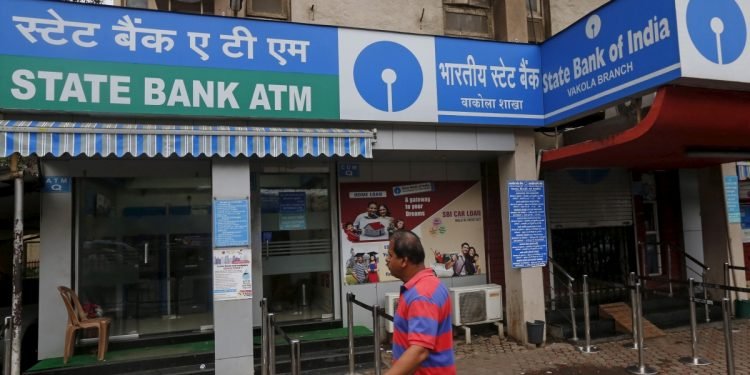The State Bank of India (SBI) has decided to cap its daily ATM withdrawal limit at Rs 20,000, down from Rs 40,000. According to the Banking Codes and Standards Board of India (BCSBI), at least 30 days’ notice has to be served on customers before any change in terms of and conditions is affected. Thus, the reduced limit will be effective from October 31. The bank has directed all branches to display the notice before the new rule is put into practice. The reduction applies to Classic and Maestro debit card holders. Those having other variants of debit cards, such as SBI Platinum International and SBI Gold debit cards will continue to avail the existing benefits. On expected lines, the move has not been taken too kindly by the Classic and Maestro debit card holders. SBI, the country’s largest commercial bank, has a customer base of more than 42 crore. The reduction in withdrawal limit will impact a large chunk of SBI customers as Classic and Maestro variants constitute a major chunk of the SBI’s customer base. Additionally, October is not the best time to reduce withdrawal limit from a bank as people tend to spend more during the festive months.
These low-end cards constitute a sizeable chunk of the bank’s total card portfolio. The unkind cut is patently discriminatory as it is based on the wrong assumption that Classic and Maestro debit card holders, who are basically from low-income groups, do not have daily cash needs exceeding Rs 20,000. The bank should shun such open discrimination between customers. Worse, the SBI has asked these low-end debit card holders to switch to higher variants of cards to avail facilities at par with customers of other variants of ATM cards. To say the least, this is a pressure tactic by the bank to have bank customers to turn to services that come at a premium. Customers holding premium debit cards have to maintain a much larger balance in their accounts. The reason cited by the bank for this unpopular measure is that it will address the growing incidence of ATM frauds and boost digital transactions in the country.
Card users, especially those in small-towns, are a vulnerable lot. They are easy targets of predators. The fraudsters identify chinks in the security architecture of banks and make the most of these. Hence, it is unfair for banks to punish a customer for the fault of a system. Further, frauds are not limited to ATMs. Even retail point of sale (PoS) terminals and mobile card swipe devices can fall prey to skimmers. Moreover, many debit cards still follow the magnetic strip technology which is more prone to frauds than the newer chip-based cards. Lately, some banks have asked customers to surrender their old cards and get them replaced with chip-based cards. Till that time, the banks should not take any drastic decision such as the one SBI has taken. Earlier, there were palpable protests among customers against the bank’s mandatory provision of minimum balance. Banks earned thousands of crores of rupees from these accounts. The SBI was the largest beneficiary of this policy. Customers are made to pay charges for every shred of service that the bank renders to them. Banks are expected to earn more as they increasingly leverage the technology boom. The fast penetration of smartphones in the country has led to increasing transaction on digital platforms. The result is that footfall at ATM kiosks have come down, causing banks to shut these. Fewer the ATMs, smaller the operational expenses for banks. In such times, banks are expected to lower their service charges, not raise them. The SBI, being the largest among the lot, must show the lead. Sad, it has done the reverse.







































